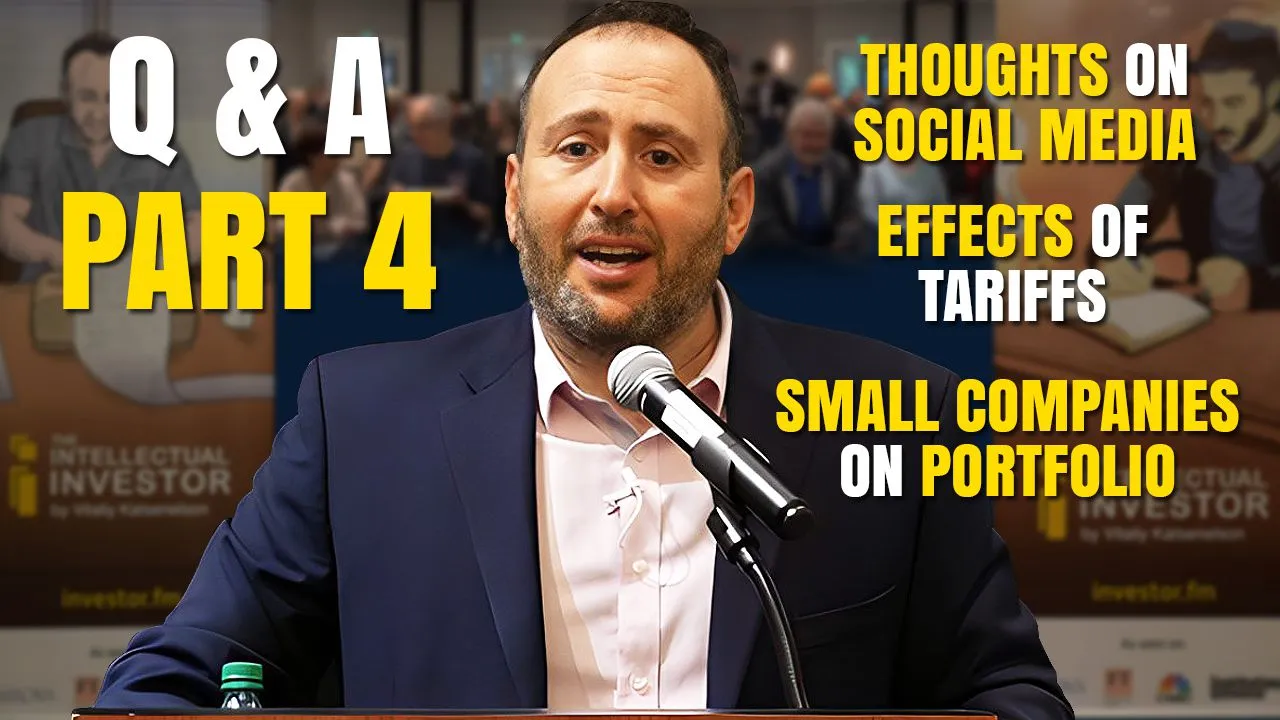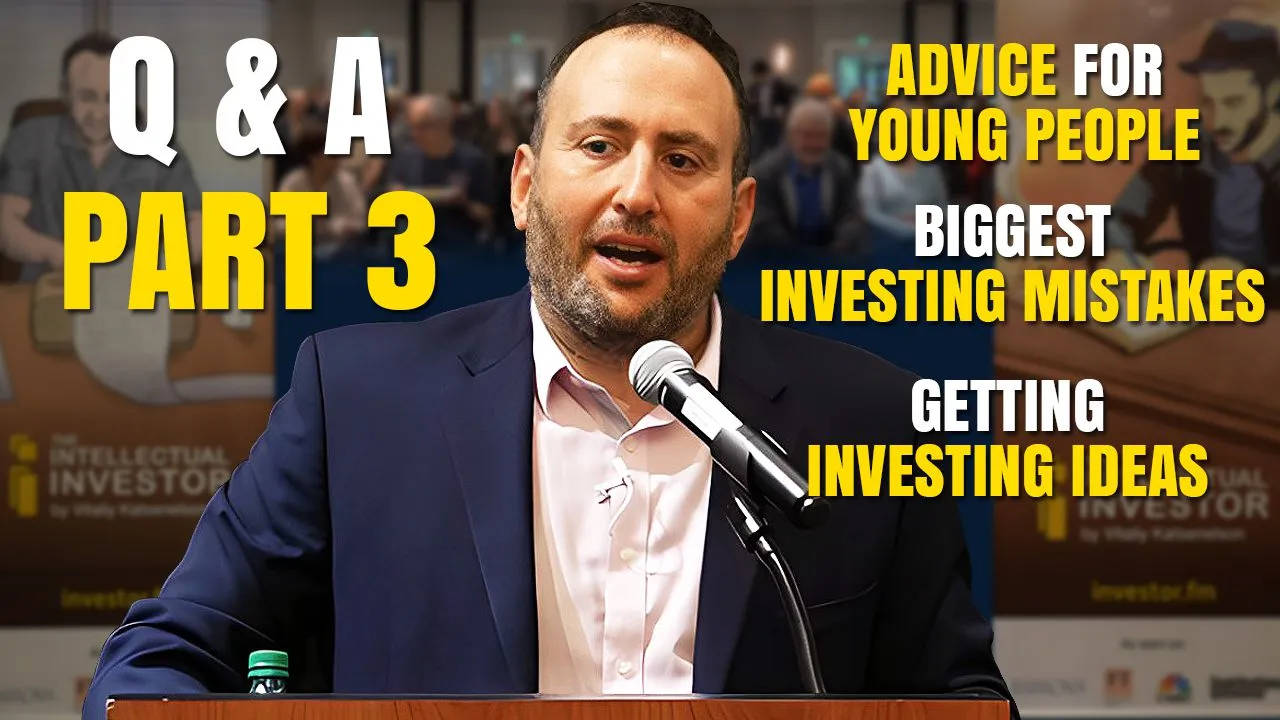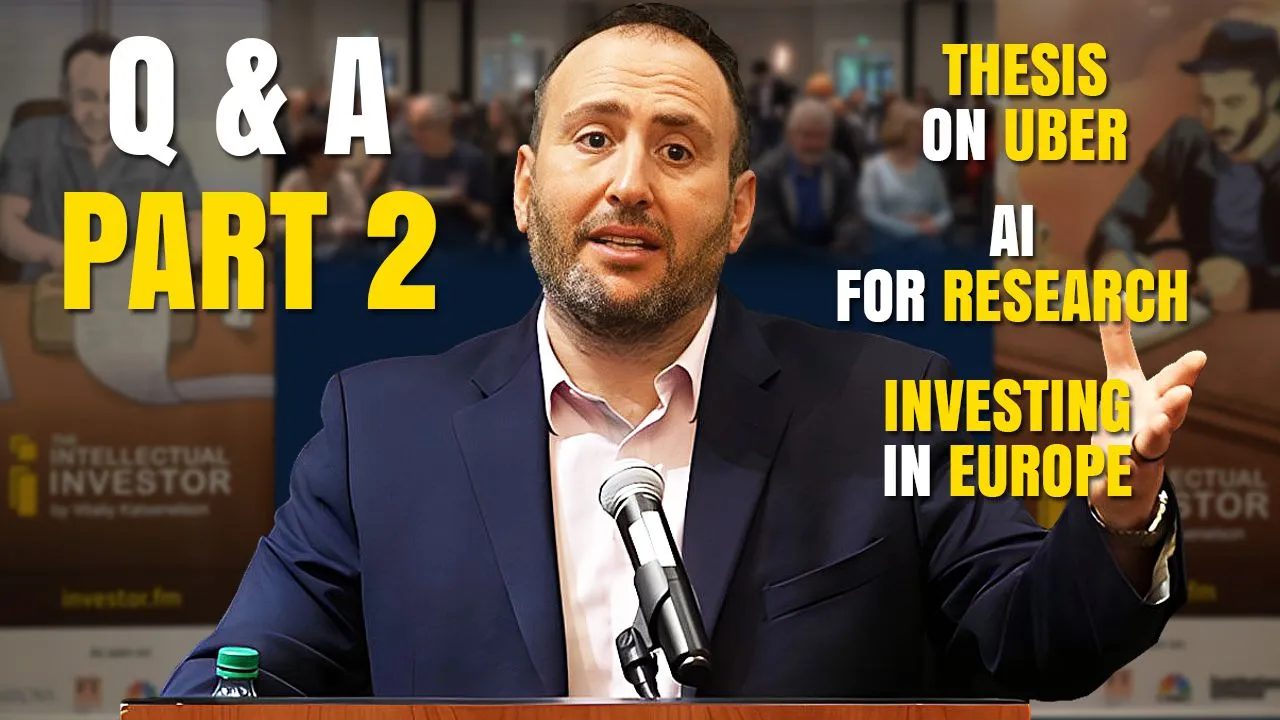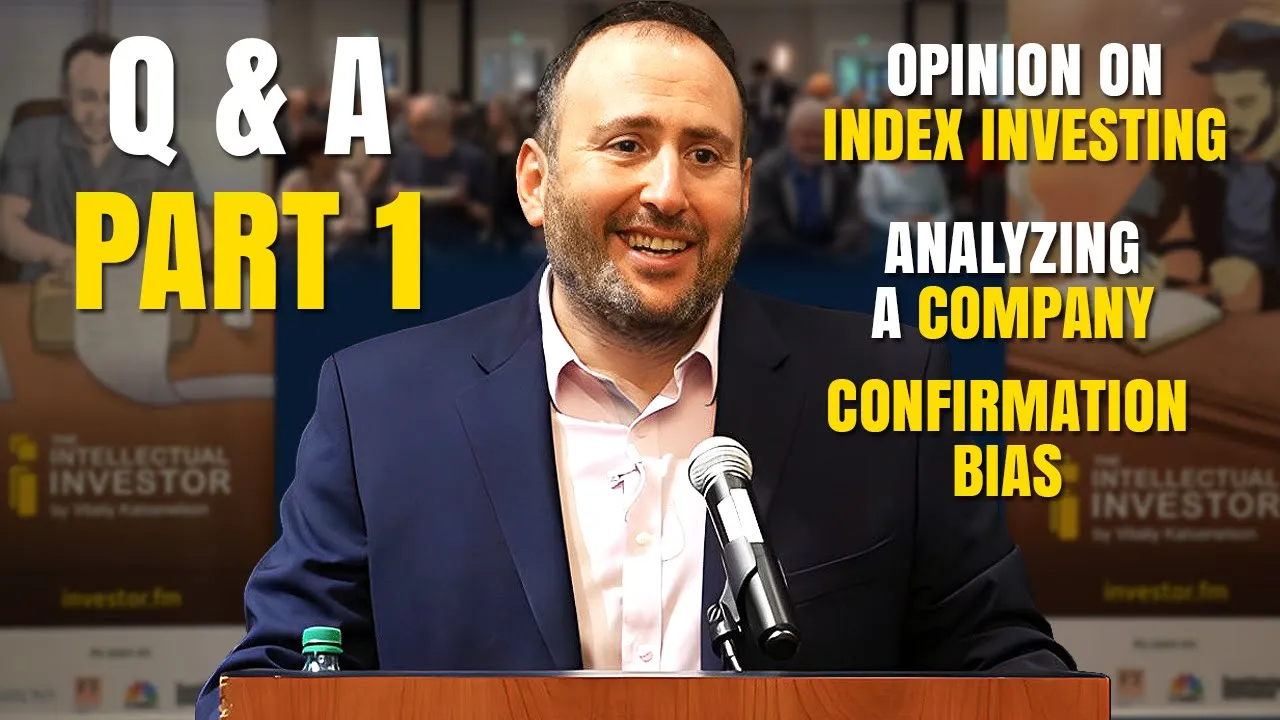I did not know much of anything when I started writing, and here I am, giving you writing advice and sharing my process with you.
Throughout a lot of my writing, I felt like I had to fake it till I make it. What does it mean, fake it till you make it? It’s not faking it that you’re trying to deceive others. It’s faking it to deceive yourself. I started writing in 2004. I just finished my graduate degree.
I was teaching at the University of Colorado in Denver, and I was kind of getting bored a little bit. And I read that thestreet.com was looking for writers. And the good thing, they were not paying anything. And so I didn’t feel the pressure to be good. So I started writing for thestreet.com and at first my writing was incredibly boring because I was so self-conscious. I was so worried about getting every comma, every period right. And then something interesting happened. I called my Tiva story. And this is probably one of those little experiences that, because I observed it, has changed the way I write.
This is 2005. My son Jonah at the time was four years old. I had to call this company, I had to call Tivo to get technical support. This is a long time ago, and at the time, voice recognition system was not very good. Also as you can tell I have an accent. So when I talk to the sensory machine and I’m trying to say please get me an operator or whatever, it asks me to explain what my problem is.
I was speaking to the phone, it would not understand me. My 4 year old son Jonah playing on the floor with his truck. I gave him the phone and Jonah has this beautiful, absolutely beautiful Disney accent. So imagine this, Jonah has the phone, I tell him what to say into the phone, he says that, and the computer system recognizes his voice. So anyway, that’s the whole story.
So that was the whole article, I don’t know, 300 words, 500 words. That’s the whole article. I got more emails in response to this article, then two more articles come by. Just found this little silly article. This is when I realized it’s okay to be human. It’s okay to be authentic.
It’s okay to be myself as I write. And little by little, my writing got looser. I became a little bit subconscious. And I just started to sell more stories. I think anybody who has created anything always experienced this imposter syndrome. So throughout a lot of my writing, I felt like I had to fake it till I make it.
And people are like, what does it mean to fake it till you make it? It’s not faking it that you’re trying to deceive others. It’s faking it to deceive yourself. It’s faking it to basically for you to overcome that imposter syndrome. For you to improve, you always have to stretch what you’re doing. You always have to do, you know, kind of going outside of comfort zone.
If you go outside of comfort zone, you don’t feel the security. You feel the discomfort. You feel like an imposter. This is when the fake it to you, make it comes in. And make it in this part is that when you get to the point when you feel secure, when you feel like you deserve to be there.
So I’ll give you a story. So I started writing the Southern Four. Then six months later or eight months later, I have the audacity to contact Financial Times to see if I can write for them. Remember, just six months before, I did not write at all. And I contacted the Financial Times, I sent some of my samples from industry.com, and they say, okay. So,
I started writing for Financial Times. A year later, I feel like, okay, I’m already writing for Financial Times, I had this kind of an idea there about sideways markets. So I contacted John Wiley and Sons and I said, I have this idea, I want to write about this. They asked me to send them a sample of my writing, I did. They said, sure, let’s do a book. I’ve been writing for a year, year and a half, and now I have this enormous imposter syndrome again. And then I ended up writing two more books after that.
Anything you do creatively, you always gonna, if you don’t feel the discomfort when you do something, means you’re not doing anything new. You’re not pushing yourself enough. So imposter syndrome is an absolutely normal part of doing anything creative. So imposter syndrome is an absolutely normal part of doing anything creative. That’s how I started writing.









0 comments